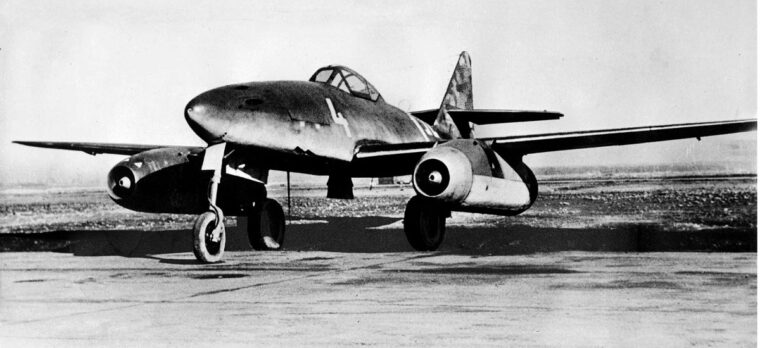
Hermann Göring
Wunderwaffen: Hermann Göring & the Messerschmitt Me-262
By Robert F. DorrA man who was close to Adolf Hitler and hardly impartial later saidthat the Führer had “a mood of merriment” for a brief period that day. Read more

Hermann Göring
A man who was close to Adolf Hitler and hardly impartial later saidthat the Führer had “a mood of merriment” for a brief period that day. Read more
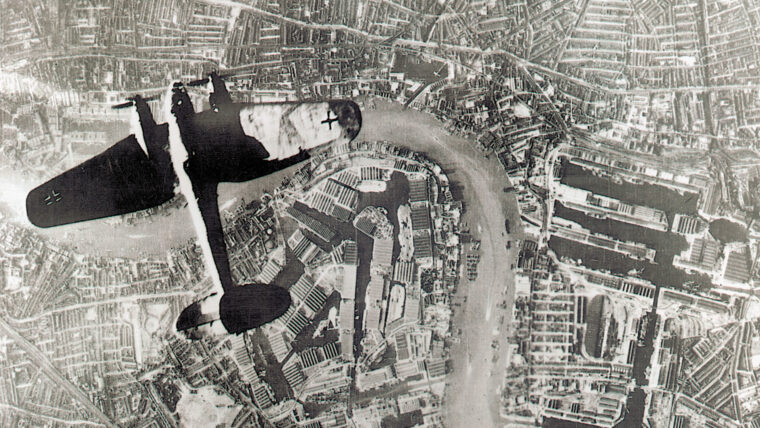
Hermann Göring
During the summer of 1940, Winston Churchill was fighting a two-front war. The first was against Adolf Hitler and his war machine, particularly his Luftwaffe. Read more
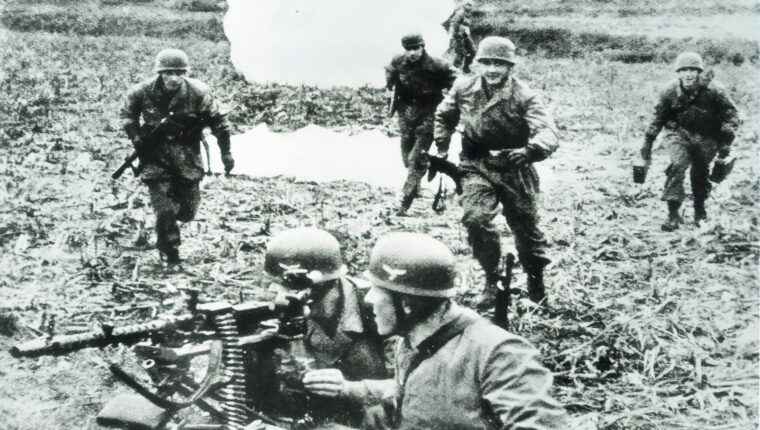
Hermann Göring
Belgian Fort Eben Emael was as close to impregnable as modern defense works could be—or so it seemed. Read more
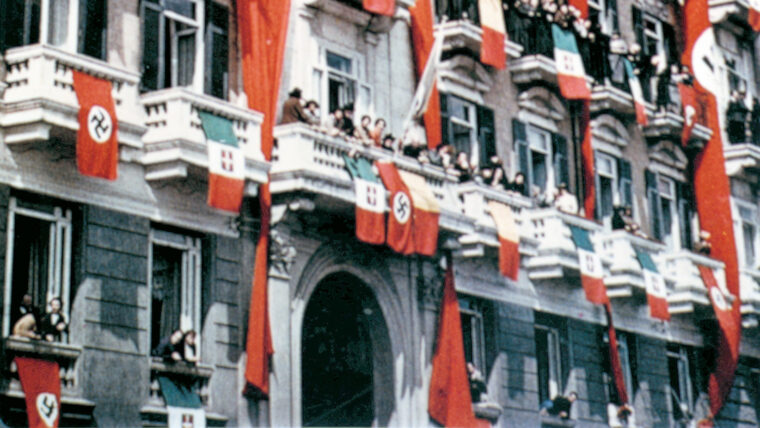
Hermann Göring
On May 26, 1940, as the armies of Nazi Germany roared across prostrate France and the British Expeditionary Force was in the midst of its evacuation by sea from the European continent, Italian Army Marshal Pietro Badoglio, 69, was in the waiting room of the Palazzo Venezia in Rome. Read more
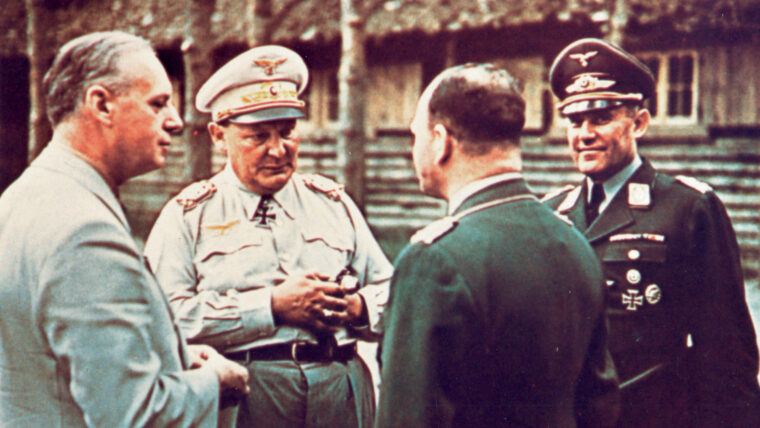
Hermann Göring
The Allied indictment against Hermann Wilhelm Göring (1893-1946) at Nuremberg as issued by the International Military Tribunal in 1945 reads as follows:
“The defendant Göring between 1932-45 was: member of the Nazi Party, Supreme Leader of the SA (Brownshirts), General in the SS, a member and President of the Reichstag, Minister of the Interior of Prussia, Chief of the Prussian Police and Prussian Secret Police, Chief of the Prussian State Council, Trustee of the Four Year Plan; “Reich Minister for Air, Commander-in-Chief of the Air Force, President of the Council of Ministers for the Defense of the Reich, member of the Secret Cabinet Council, head of the Hermann Göring Industrial Combine, and Successor Designate to Hitler. Read more
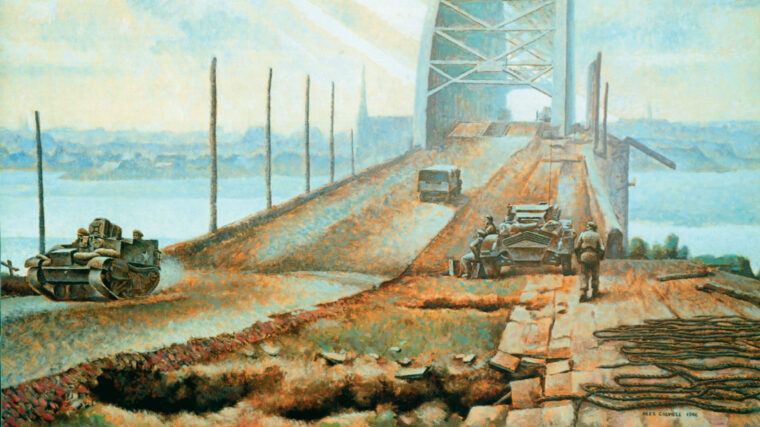
Hermann Göring
“In the years to come everyone will remember Arnhem, but no one will remember that two American divisions fought their hearts out in the Dutch canal country,” wrote U.S. Read more
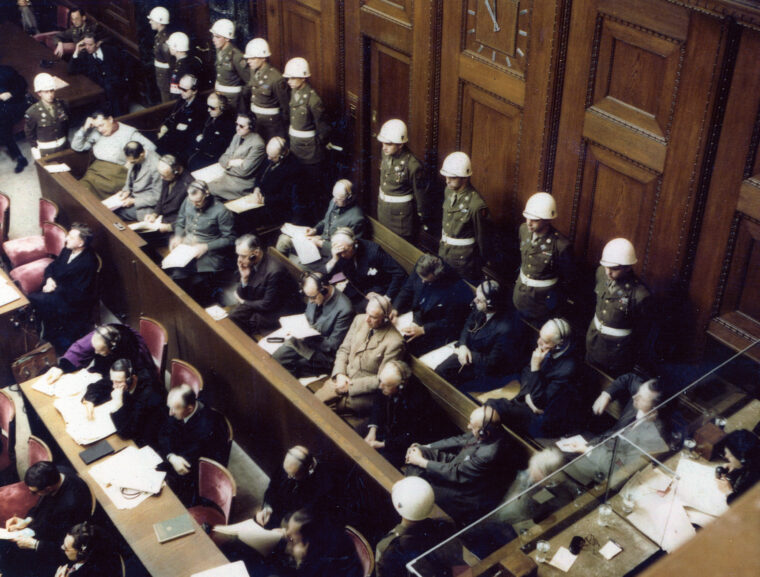
Hermann Göring
Stripped of the regalia and high position of Reich Marshal in the Nazi regime and tried as a war criminal, the former Luftwaffe chief was by far the most colorful and outspoken defendant during the postwar proceedings. Read more
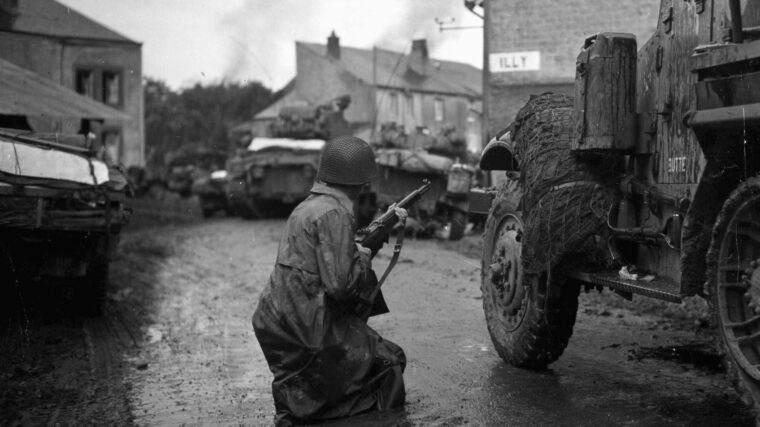
Hermann Göring
“We’ve been slogging our way through hedgerow country, half an acre a day, and we’ve got to find a way to break out.” Read more

Hermann Göring
Adolf Hitler believed in Vorsehung (providence). The German leader felt that if anything was going to happen to him, such as assassination, there was nothing he could do about it. Read more
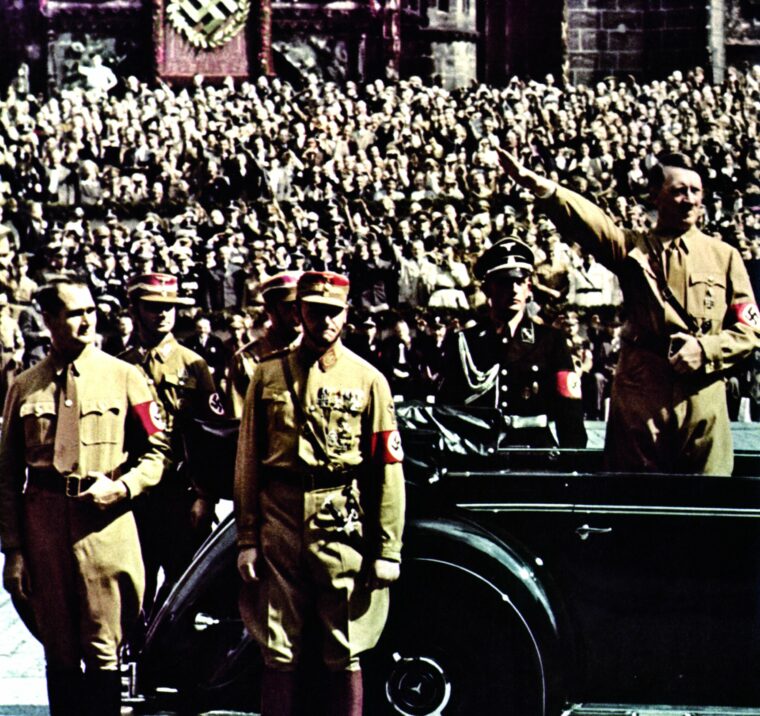
Hermann Göring
Throughout the reign of the Nazi Party in Germany during the 1930s and 1940s, Adolf Hitler’s inner circle comprised a diverse group of men from many walks of life. Read more
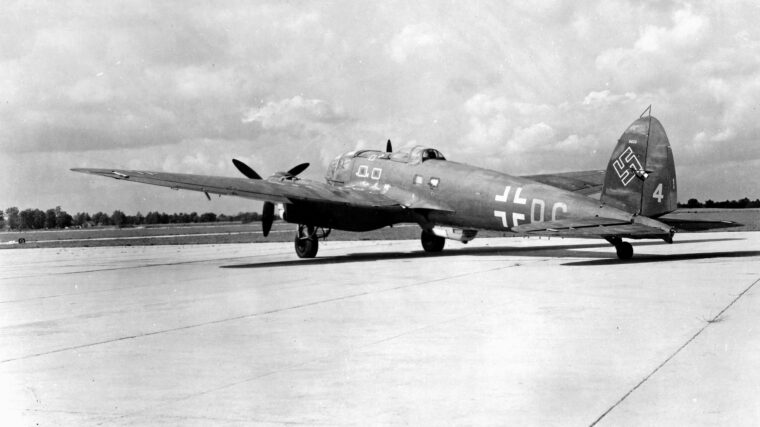
Hermann Göring
By early 1944, the Luftwaffe was only a shadow of what it had been at the beginning of the war. Read more
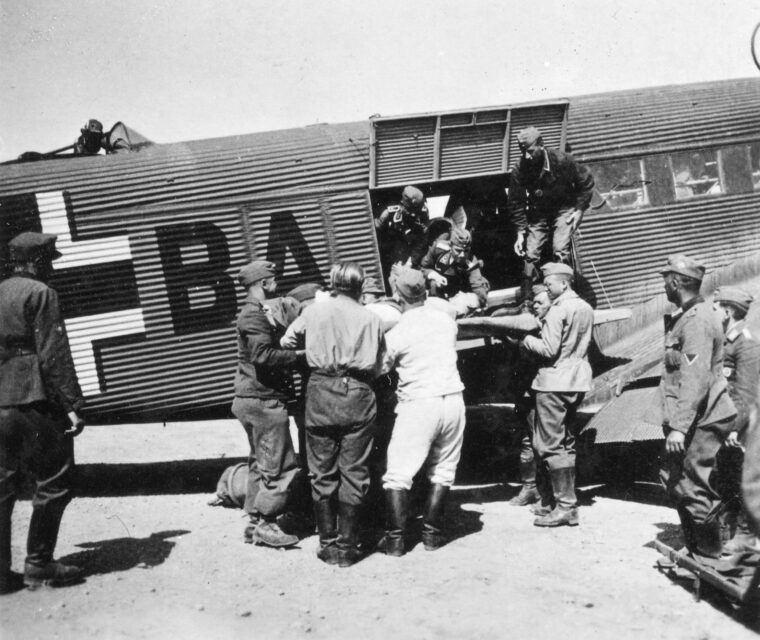
Hermann Göring
Sixty-five years ago, Reichsmarschall Hermann Göring’s Luftwaffe showcased its aerial triumphs in a 1942 commemorative book of photographs entitled Fliegen und Siegen (“Flying and Victory”). Read more
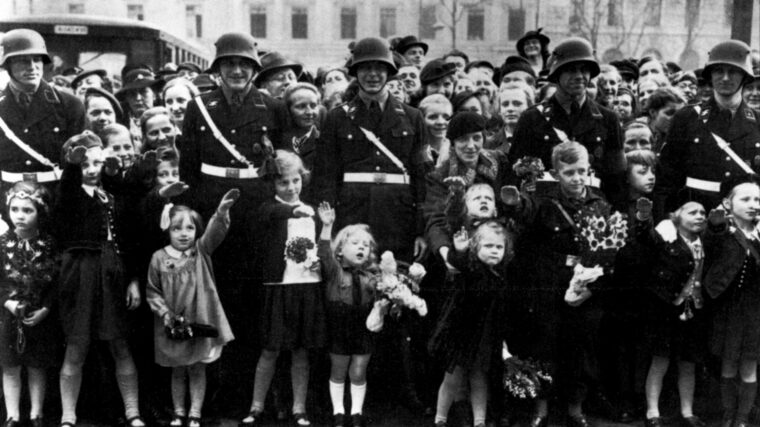
Hermann Göring
Adolf Hitler loved children. Before the war consumed all his energies he entertained children at his holiday home on the “mountain” all the time. Read more
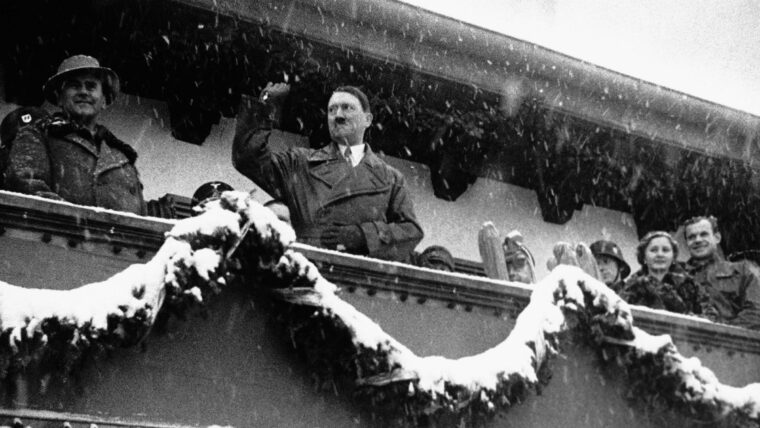
Hermann Göring
Shortly before Pearl Harbor, an attractive Danish journalist arrived in the United States to pursue a writing career. Read more
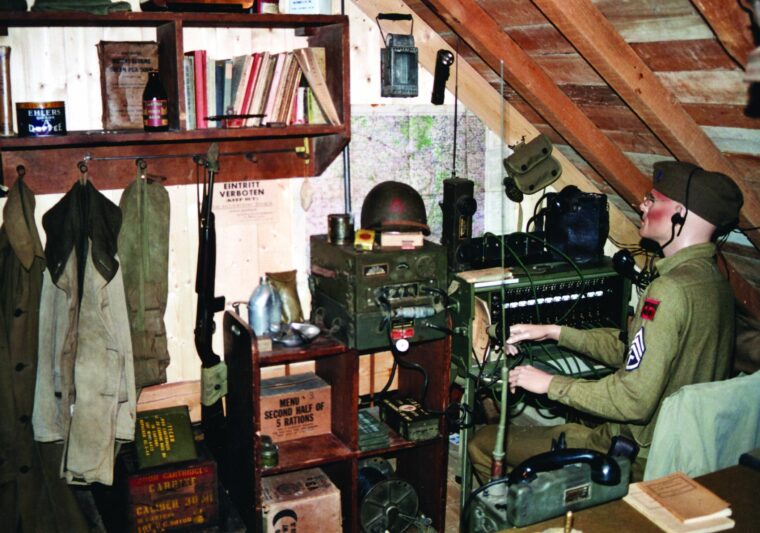
Hermann Göring
You won’t find the familiar little triangular signs, “Warnung Minen!” hanging on barbed wire today in Western Europe, with one exception. Read more
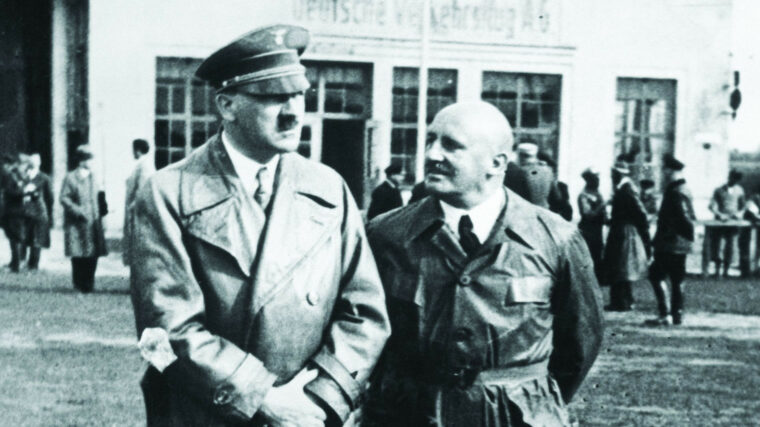
Hermann Göring
It was May 23, 1945, roughly a year before the execution of Julius Streicher, founder and publisher of the vilest anti-Semitic Nazi propaganda of the war. Read more
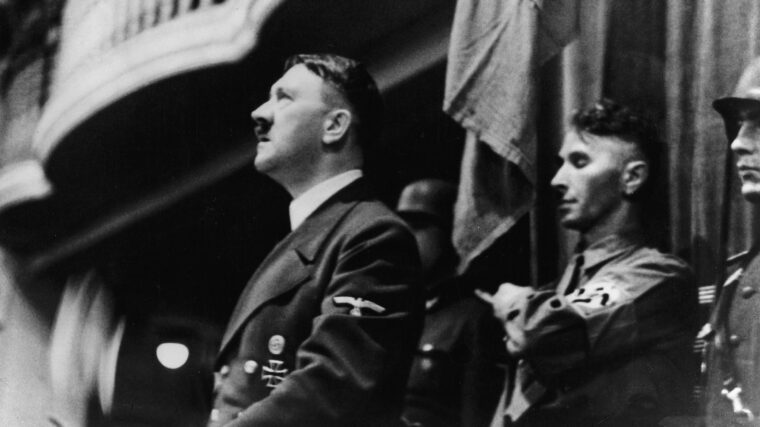
Hermann Göring
At exactly 8 PM on November 8, 1939, German Chancellor Adolf Hitler strode briskly into Munich’s Burgerbraukeller beer hall at the head of his glowering entourage, brushing past a forest of hands raised in the Nazi salute. Read more
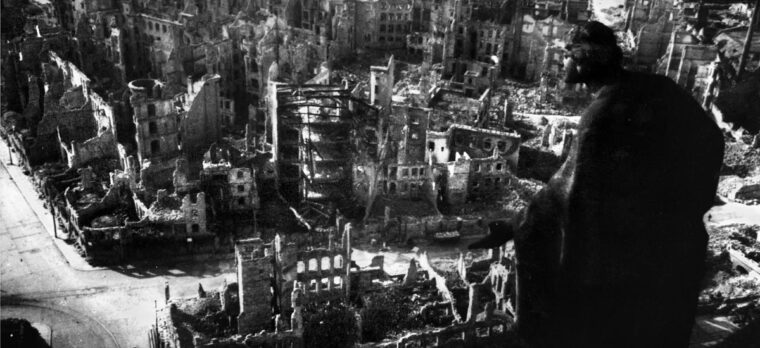
Hermann Göring
It was February 1945, and the Bombing of Dresden had yet to commence. At this point in the war, the citizens of the capital of the German state of Saxony were beginning to think that they were living a charmed life. Read more
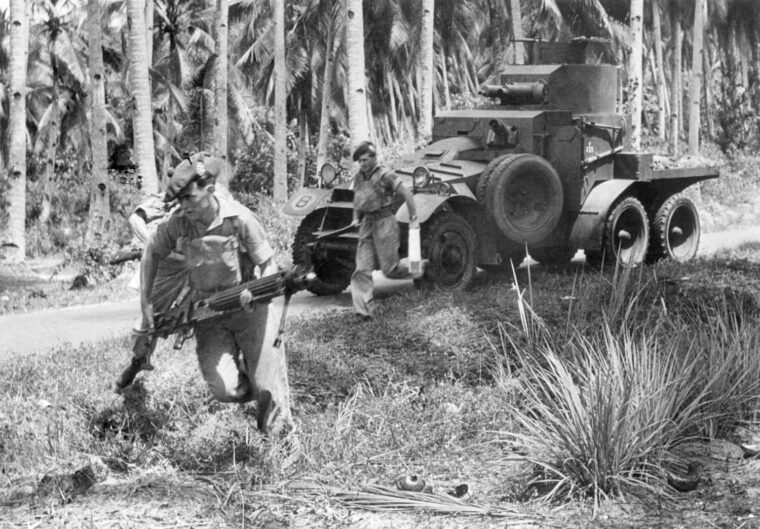
Hermann Göring
The moon like a tray was sinking in the western sea and the deep red sun showed its face to the east. Read more
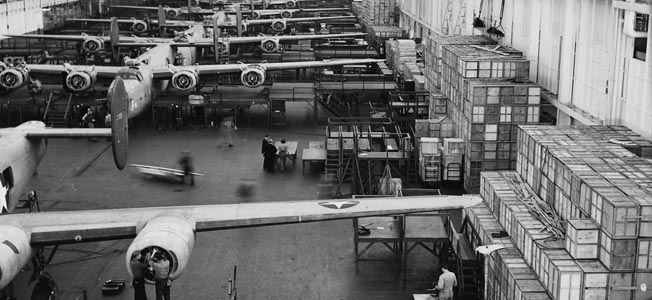
Hermann Göring
They said it couldn’t be done. Doubters chided Henry Ford for declaring that his Willow Run Bomber Plant could turn out a B-24 Liberator heavy bomber every hour. Read more